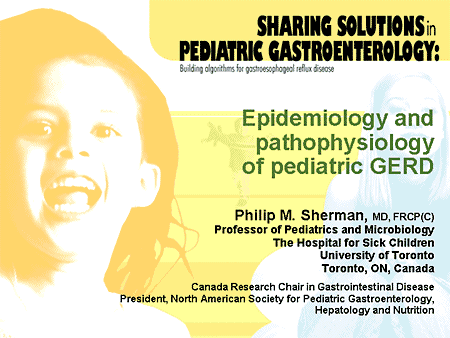Gord is a common condition that affects between 10% and 30% of people in developed countries el-serag hb, sweet s, winchester cc, et al update on the epidemiology of gastro-oesophageal reflux disease: a systematic review. Gastroesophageal reflux disease epidemiology. Identification and eligibility assessment of relevant studies a systematic pubmed search was performed to identify all of the reports written about the prevalence of gerd, published from january 1995 to october 2010, using combinations of the following index terms: "gastroesophageal reflux disease," "reflux," "gastroesophageal reflux" or "esophagitis" and "prevalence" or "epidemiology".
gastroesophageal reflux disease epidemiology
Gastroesophageal reflux disease (gerd), also known as acid reflux, is a long-term condition in which stomach contents rise up into the esophagus, resulting in either symptoms or complications symptoms include the taste of acid in the back of the mouth, heartburn, bad breath, chest pain, regurgitation, breathing problems, and wearing away of the teeth. A systematic review of the epidemiology of gastro-oesophageal reflux disease (gord) has been performed, applying strict criteria for quality of studies and the disease definition used. the prevalence and incidence of gord was estimated from 15 studies which defined gord as at least weekly heartburn and/or acid regurgitation and met criteria concerning sample size, response rate, and recall period.. Gastroesophageal reflux disease (gerd) is a chronic condition that affects the digestive system. while most people experience heartburn or indigestion from time to time, if you feel that burning.
